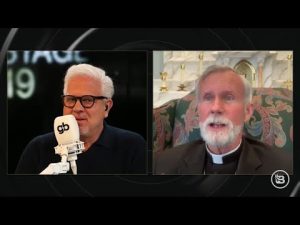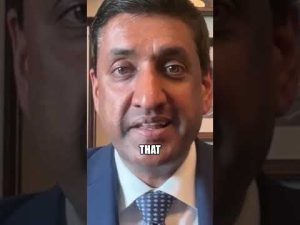In a world full of political drama and apparent chaos, there seems to be a flicker of hope arising from the tensions between Ukraine and Russia. As President-elect Donald Trump gets ready to take office again, his relationship with global leaders may turn out to be a key player in not only shaping America’s stance but also possibly negotiating an end to the ongoing conflict. While Trump is known for his decisive actions, there is a desire among many for a new chapter in international relations, especially given the war in Ukraine that commenced in February 2022.
Ukrainian President Volodymyr Zelenskyy recently expressed concerns about his country’s capability to retake territories occupied by Russia. This sobering admission underlines the uncomfortable reality of the situation. The situation has spiraled out of control, and it seems that both sides may be starting to recognize the futility of a prolonged conflict. Despite the billions of dollars and military aid funneled into Ukraine, the prospect of reclaiming all of the eastern and southern provinces appears increasingly grim. The ongoing war has left a devastating toll with a staggering number of lives lost and communities destroyed.
Interestingly, Russian President Vladimir Putin indicated openness to dialogue during a recent press briefing. This unexpected willingness to engage may signal a shift in the Russian stance, resting on the understanding that the chaos of war isn’t yielding any benefits. While negotiations can seem far-fetched amidst the destruction, it appears that with Trump poised to shift U.S. policies, a new opportunity might arise. According to experts, though the path to peace won’t be an easy one, it’s one that might be worth pursuing all the same.
Envisioning a path to peace, analysts suggest a multi-stage negotiation process could be on the horizon. The first step would be achieving a ceasefire, which could take months. The complexities of the war, deeply intertwined with both sides’ military and political power, mean that even establishing a pause in hostilities could be considered a major success. A ceasefire could create the necessary space for more serious negotiations to unfold.
Following the ceasefire, the negotiations would likely involve a trilateral approach, integrating Ukraine, Russia, and the upcoming Trump administration. It’s anticipated that discussions will also extend to the European Union and other global players looking to stabilize the region. This won’t be a quick fix; it’s a process that might take an additional six months or longer. Ultimately, achieving peace will entail more than just political agreements—it will necessitate changes in the fabric of society within both nations, particularly among their youth, who increasingly yearn for harmony rather than ongoing conflict.
While international relations are often tumultuous and unpredictable, the possibility of dialogue and peace talks is like a breath of fresh air amidst the stormy clouds of war. One can only hope that amid the political wrangling and strategic maneuvering, leaders can muster a sense of responsibility to guide their nations through to a brighter, more peaceful future. With the key players readying for a new phase, the world watches with bated breath, wondering if peace is within grasp or just another dream fading into the distance.







